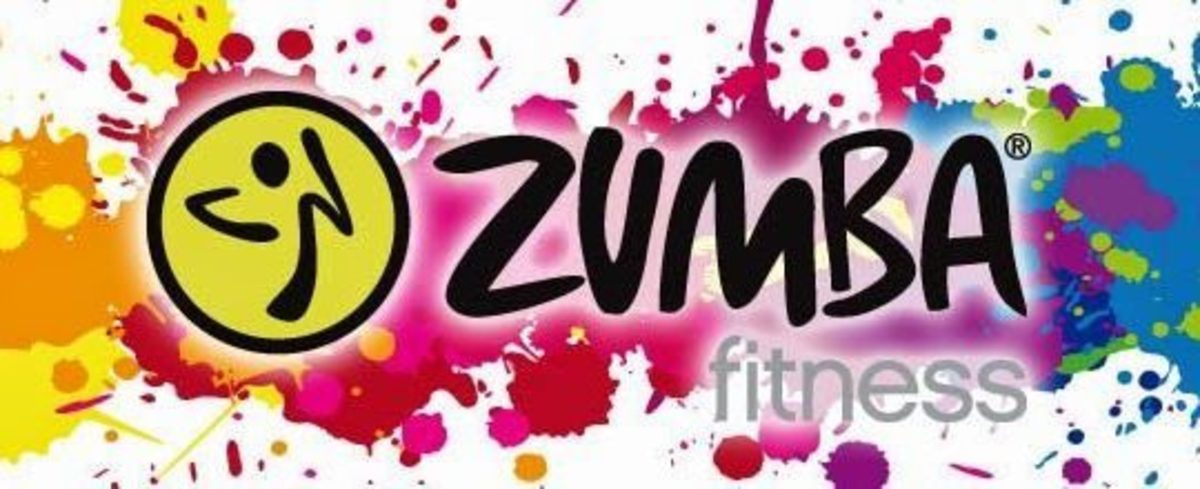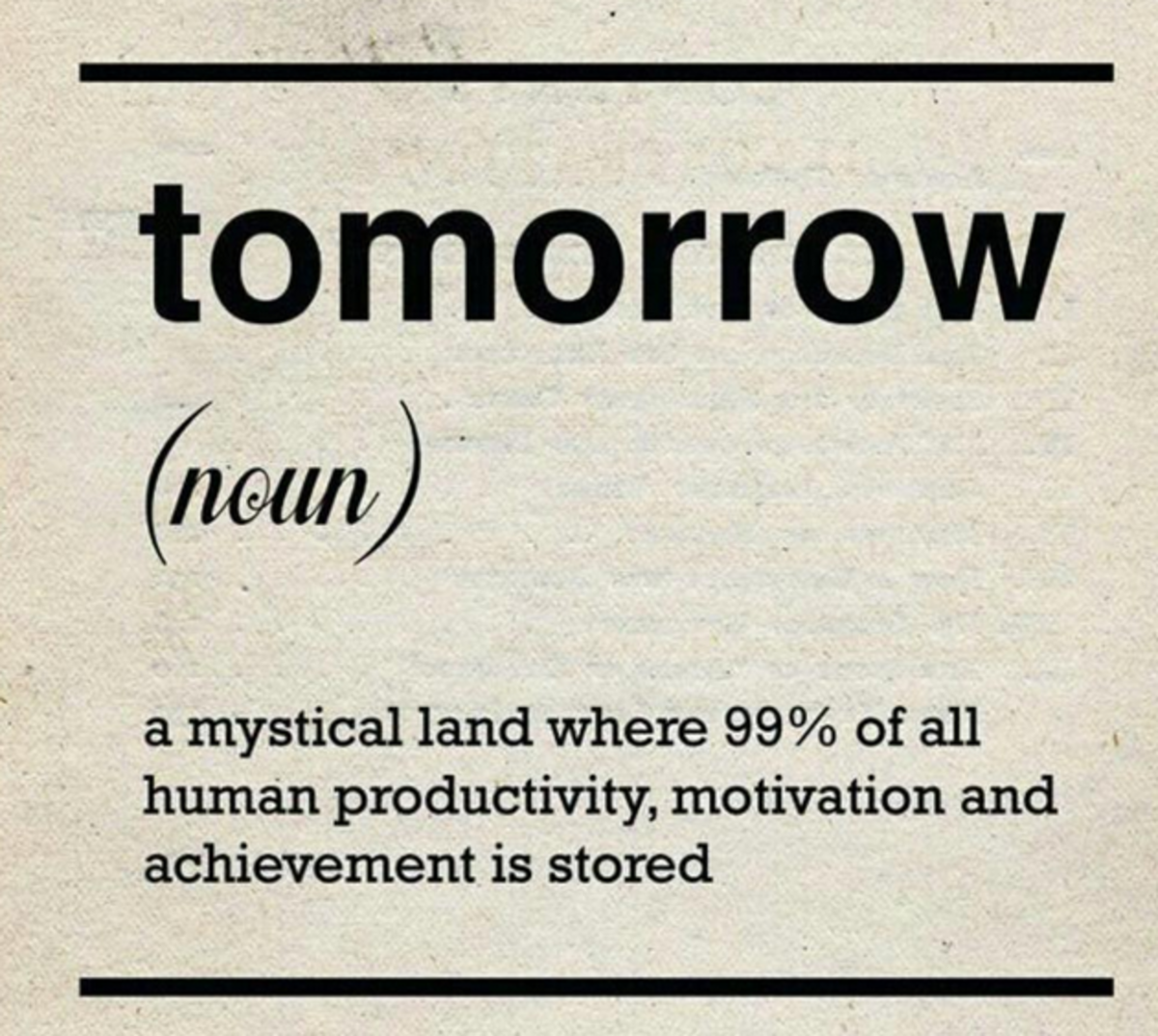Back to School: The First Week of Class
The long days of summer are gone and it is time to return (or head off) to class. The first week of class is an important time because you learn exactly what you need to do in order to be successful for the rest of the academic term. Here are some things to do early to help move you toward success in the classroom.
Task number one: Read the syllabus
Every college course you take has a syllabus. This is a very important document as it is a contract between you and the instructor of the course. It lays both you and the instructor's responsibilities, duties and rights in the class over the course of the semester. Generally it is broken down into several sections:
- General Information: This is the course name, number and section.
- Instructor Contact Information and Office Hours: This is where the instructor will tell you what he or she would like to be called, either Doctor, Professor, Mister/Misses/Ms or even by first name. It will also indicate when the instructor has set aside to be in his or her office and the best way to contact him or her.
- Book Information: This indicates what textbook or texts the instructor has selected from the course. This is important (see below).
- Objectives or Outcomes for the Course: These tell you what you should be able to do or what you should know by the end of the course. These are also important (see below some more).
- Course Policies: These deal with the behaviors the instructor expects and the behaviors that the instructor won't tolerate along with any appropriate sanctions for violating expectations.
- Evaluation: This details two things: 1) What your grade will be based upon (tests, papers and the like) and 2) What the grading scale will be.
- Required Information: This section deals with information the instructor is required to put on the syllabus by the institution. These can include a statement dealing with student disability accommodations, academic dishonesty and attendance policy.
- Daily Schedule: The schedule should include when readings and assignments are due. Some instructors also put up what topics will be discussed on a given day.
Good Advice from Northeastern University Writing Center

Most of the time, the syllabus will be posted in the LMS (Learning Management System--Blackboard, for example) before the semester begins. You can download it early (and often) and look over it.
It is important that you read and understand what it says. This is a contract--if you do not understand the terms, ask about them. As a professor, I can guarantee that your instructor would much rather have you ask questions before a situation arises than after it has occurred. If you are unclear about the attendance policy, ask for clarification. Don't know what is meant by "plagiarism?" Raise your hand. Make sure you know what you are getting into early in the semester.
Textbooks
What is your preference for textbook buying?

Task number one point one: Texts
There are two things I mentioned above that I said would be talked about below: texts and objectives. Lets talk about them.
People always ask me if you need your textbooks on the first day of class. I advise people to wait until the class has actually met before buying your book, for a number of reasons.
First, you will find out if the text is actually needed. Being a poor typist (and worse proofreader), I have listed books that I had no intention of using. I 1) had used them in the past but had not removed them from the syllabus before I revised it, 2) used a group syllabus that the text was required, but I had no plans on using and 3) changed my mind (we professors are a flighty bunch).
If you read the syllabus and it says you will be using the text the first day of class, then, yes, buy it. If not, you are not harmed by waiting a day or two.
Buying texts
When do you buy your textbooks?
Objectives and Assignments
- Bloom's Taxonomy of Questions Nelson Mandela University
A list of verbs and question stems.
Task numer one point two: Objectives
Every syllabus should have learning objectives or course outcomes. These are the knowledges and skills you will be expected to demonstrate throughout the course of the semester. In some ways, it is more important to understand these than the assignments--the assignments are going to be ways in which you display these outcomes. Outcomes and objectives should give you some clues to the type of assignments you will encounter.
For example, if an outcome says that you will "identify" something, generally this is done through a multiple choice test where you connect a term with a definition or determine which answer does (or does not) belong on a list. If an outcome says "synthesize," then it is more likely you will produce a paper or eassy which requires you to breakdown and apply a concept or concepts. Knowing how these words transfer into actual evaluation will help you prepare for that assignment.
For a good list of terms and question types, check out this page from the Academy of Art University in the link box.
Task number two: Schedule
Once you have collected your syllabi, it is time to sit down and plan out your life. Get a calendar and pencil in when all of your assignments are due, when your tests are scheduled, when quizzes will be popped, and other such important information. Once you do this, look to see if there are any really hectic dates (such as a day you have three tests scheduled). If you find a date where you are overbooked, do something really weird--talk to your instructor.
Let me pull the curtain aside a bit--instructors really are human beings (of a sort). They want you to do well and are willing to help you. Take your overbooked date to the instructor and ask if there is anyway you can take the test late (or early) or turn in an assignment the next day. Do this early in the semester--instructors, like other human beings, become a little suspicious when you raise the point the day before the assignment is due. If your first instructor cannot (or will not) help, go to the next one on the list.
If possible, approach an instructor that you have had other classes with or that you have a (positive) history with. He or she, knowing that you are not trying to get out of doing the work, will be more likely to make arrangements.
Syllabus Overload
Task number two point one: Schedule some more
Do not just schedule the due dates, but also schedule when you plan to start the assignment. Be realistic about the amount of time it will take you to complete the assignment at hand. You may be able to create a reflection piece over your reading the night before it is due, but you will need more time to complete a seven page, multiple source (non of which are Wikipeda) research paper. If you have any questions about how intensive an assignment is going to be, ask your instructor.
Try to schedule specific blocs of time each week for your classes. This may be difficult (or impossible) due to your other commitments, but try to schedule the same time block the same day of the week every week. This will help with contextualization of material and help you retain what you study.
Scheduling
A note about scheduling . . .
Remember when you schedule to be honest about the amount of time you have. If you over schedule or if you find yourself frequently off schedule, this will add more stress to your life and you will find your schedule being harmful rather than helpful. Always use a pencil to create your schedule since it will probably change.
(Full disclosure: scheduling is hard for me, too. I am always trying to adapt and change my style of schedule to fit my life. Perhaps it would be easier to change my life . . . )
Task three: Meet the Instructor
I have said in other of my posts here on Hubspot (cheap plug) that it is vital to know your instructor. If your instructor can match your name and face and see that you are engaged and interested in the material, they will be more likely to be helpful later in the semester (hey, it's human nature). This puts some responsibilities on your shoulders, though.
- Show up for class: The only way that that an instructor will be able to connect a name and face together is if you are there. Attendance is important.
- Participate in a meaningful way: This means being engaged with the material in class which means you have read the material for class. Be ready to answer questions, pose questions, debate issues, argue, react and so one. (Personal experience--I had a student that would just randomly giggle or blurt during class. Yes, I remember his name, but in the same light I remember having the measles.)
- Help your classmates: Study groups are not bad strategies. If you see a fellow traveler struggling or perhaps one of your peers missed a class (not three weeks of class), help them out a bit. The instructor does generally know what is happening in the room (I say "generally" because I have had my doubts about instructors I have had over the years. AT least one I was not sure was sharing the same sun.)
- Attend office hours: If you have a question about a very specific issue--YOUR paper topic or YOUR test grade--make sure you ask them during the instructor's office hours. Sure you could e-mail him or her, but an in person visit serves the same purposes and backs up the impression that you want to do well.
This is especially true if the instructor teaches courses in your major. You will see this person again, possibly several times, during your academic career. It will be better to have them as an ally. Plus, a letter of recommendation after you graduate is not a bad thing, either.
It is important to start strong to finish strong. While these steps won't guarantee a good grade, it will provide you with a firm foundation for success.
Have a good semester.








